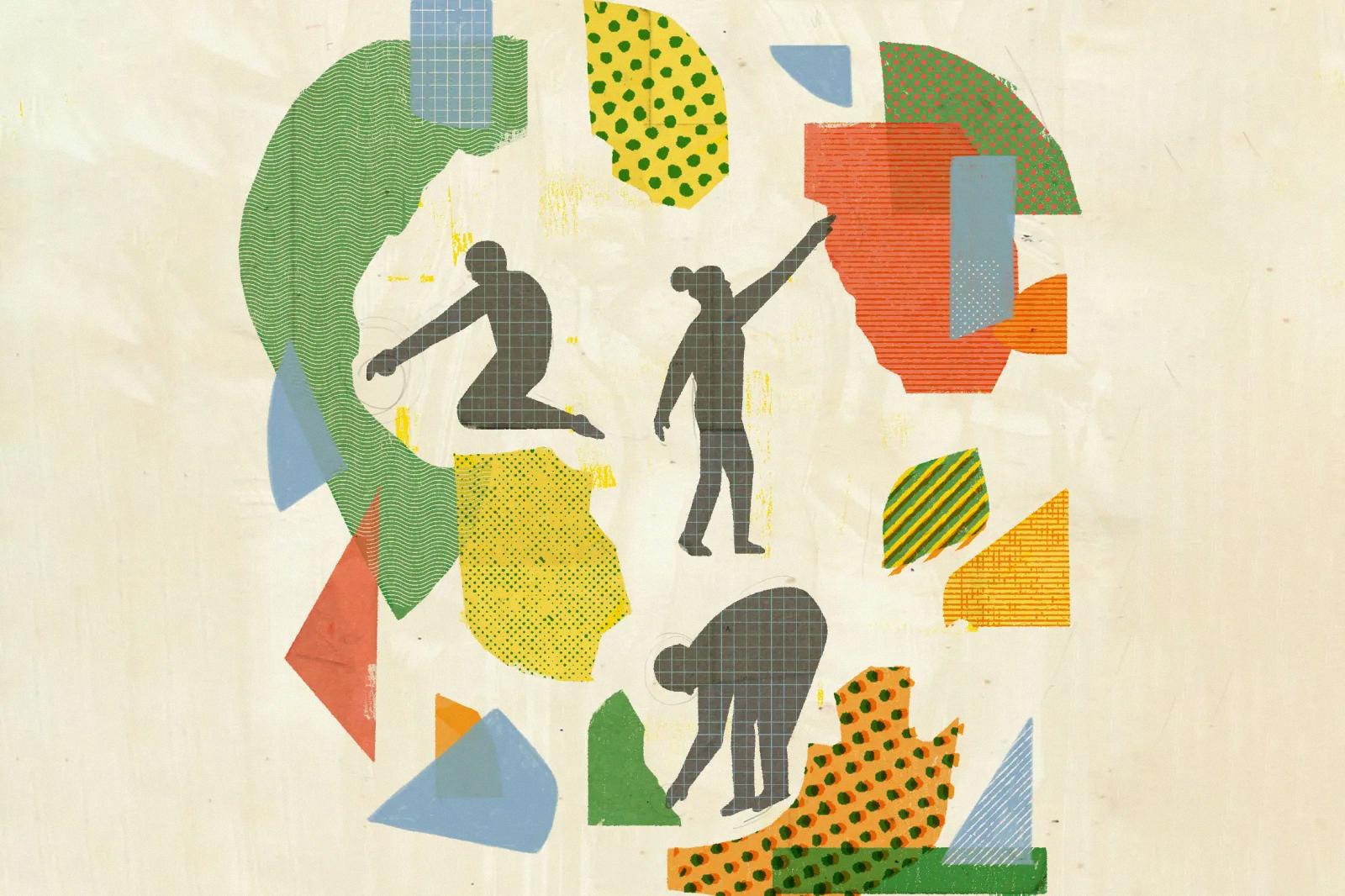Repression and oppression are two terms that are often used interchangeably, but they have distinct meanings that are important to understand. Repression is a psychological defense mechanism that involves unconsciously blocking unwanted thoughts or impulses. Oppression, on the oter hand, refers to the use of unjust force or authority to keep someone down.
Repression is a natural and common defense mechanism that helps people cope with difficult or traumatic experiences. It involves pushing unwanted thoughts or emotions into the unconscious mind, where they are out of reach and cannot cause further distress. Repression can be helpful in the short term, but it can also cause problems if it is used too frequently or inappropriately. For example, someone who represses their anger may become passive-aggressive or develop physical symptoms like headaches or stomachaches.
Oppression, on the other hand, is a deliberate attempt to keep someone down through the use of force or authority. This can take many forms, from physical violence to economic exploitation to cultural marginalization. Oppression is often used by those in power to maintain their dominance over others, and it can have devastating consequences for those who are targeted.
One of the key differences between repression and oppression is that repression is often unconscious, while oppression is intentional. Repression is a natural response to stress or trauma, while oppression is a deliberate attempt to maintain power and control. Repression can be harmful if it is used too frequently or inappropriately, but it is not inherently unjust or oppressive. Oppression, on the other hand, always involves the abuse of power and the denial of basic human rights.
Repression and oppression are two distinct concepts that are often confused. Repression is a psychological defense mechanism that involves unconsciously blocking unwanted thoughts or impulses. Oppression, on the other hand, refers to the use of unjust force or authority to keep someone down. While both repression and oppression can have negative consequences, oppression is always unjust and harmful, while repression is a natural and common response to stress and trauma. By understanding the differences between these two concepts, we can better identify and address instances of oppression and work to create a more just and equitable society for all.
What Is The Difference Between Repressed And Oppressed?
Repressed and oppressed are two similar terms that are often used interchangeably, but they have different meanings. Repressed refers to something that is suppressed or held back, often due to fear or anxiety. Oppressed, on the other hand, refers to a situation where someone is being unjustly held down or controlled by force or authority. Repression is often used to describe psychological or emotional states, while oppression is more commonly used to describe social or political situations. To summarize, repression is the act of holding something back, while oppression is the act of holding someone down.

What Is The Difference Between Repression And Suppression?
Repression and suppression are both defense mechanisms used by individuals to cope with unwanted thoughts or impulses. However, they differ in their nature and process. Repression involves unconsciously blocking unwanted thoughts or impulses from entering conscious awareness. In other words, individuals push these thoughts or feelings out of their mind without realizing it. On the other hand, suppression is a conscious effort to intentionally not think about or forget painful or unwanted thoughts. It is a voluntary process where individuals actively try to keep crtain thoughts or feelings from entering their consciousness.
To summarize, the key difference between repression and suppression is that repression is an unconscious process while suppression is a conscious effort.
Conclusion
While the terms repression and oppression share some similarities, they are distinct concepts. Repression refers to an individual’s unconscious act of blocking unwanted thoughts or impulses, while oppression involves the unjust use of force or authority to keep someone down. Suppress, on the other hand, is a broader term that refers to putting an end to, inhibiting, or keeping something from being revealed. It is important to understand the differences between these terms in order to accurately describe and analyze situations where individuals or groups may be facing vaious forms of repression or oppression. By being clear and specific in our language, we can better understand and address these issues in our society.
